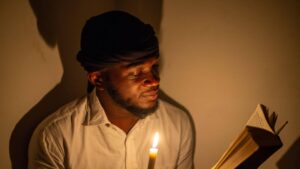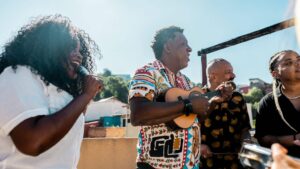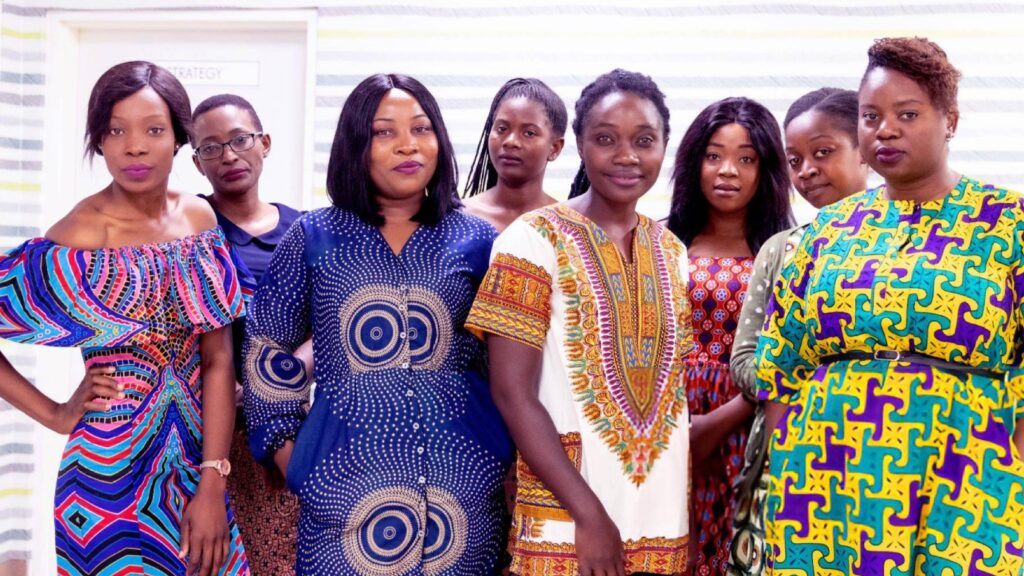For generations, the African literary field was dominated by male voices. While not invisible, women writers often had to fight against patriarchal structures to publish their works or be taken seriously within academic and public spaces. Yet African women were never silent; their voices had been recorded in songs, oral myths, and folktales long before. With time, they transitioned into novels, poetry, and essays that challenged not only societal norms but also literary conventions.
Writers like Ama Ata Aidoo, Mariama Bâ, and Flora Nwapa planted the seeds of feminist African fiction. Their stories carved out spaces where women’s inner lives, struggles, and triumphs were placed against the canvas of political and cultural transitions. By portraying women not as side characters but as central figures with agency, they rebalanced the African narrative. These stories dealt with love, polygamy, education, and liberation with raw honesty. They sparked important debates about gender justice in Africa.
In the contemporary era, women writers stand at the forefront of global recognition. Chimamanda Ngozi Adichie’s novels and essays offer layered explorations of identity, feminism, and migration. Tsitsi Dangarembga confronts patriarchy and politics with sharp precision. Scholastique Mukasonga recounts Rwanda’s haunting history through prose laced with resilience. Each of these authors takes lived African experience and universalizes it, ensuring women’s realities are foundational to Africa’s story.
The power of African women’s literature lies not just in its content, but in its style. Many writers weave oral traditions, proverbs, or vernacular rhythms into their works. Some embrace experimental structures, breaking with the notion that African writing must always follow European literary conventions. This stylistic boldness is itself an act of resistance, demonstrating that women not only claim voice but reshape the very aesthetics of African storytelling.
By expanding literature’s horizons, African women writers are doing more than publishing. They’re proving that storytelling is political. By narrating what was once silenced, they demonstrate that literature can be a battlefield—one where gender, power, and identity intersect. Their works are indispensable, not just for readers of Africa, but for anyone who seeks to understand the multiplicity of human experience.




